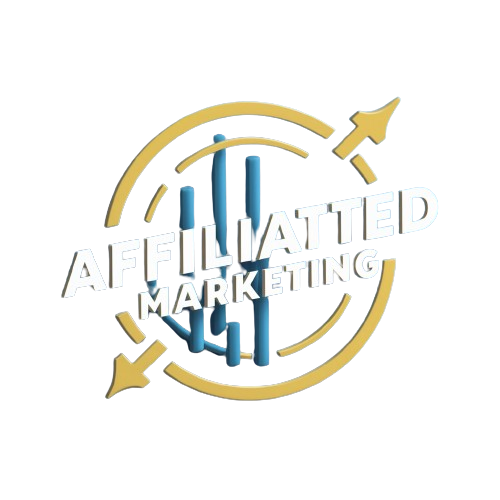What is Content Marketing?
Content marketing is a deliberate method of gaining and maintaining consumers that involves developing and sharing useful, relevant material. This material can be in various formats, including blog entries, articles, videos, infographics, social media postings, and ebooks. The goal is to create educational, interesting content tailored to your target audience's requirements and interests. By constantly offering high-quality material, you may position yourself as an authority in your subject, gain the trust of potential clients, and eventually increase sales. Content marketing is a long-term approach, but it may be beneficial for expanding your brand.
.webp)
Here are some of the benefits of content marketing:
Increased brand awareness: When you generate valuable material, people are more likely to share it. This helps raise brand recognition and reach a larger audience.
Improved search engine ranking: Search engines value fresh, high-quality information. Regularly producing content can help your website's search engine rating and increase organic traffic.
Thought leadership: You may use content marketing to promote yourself as an industry thought leader. Sharing your experience may help you gain the trust of potential consumers and position yourself as a go-to resource.
Lead generation: Content marketing may be an effective lead generation strategy. By providing excellent material, such as ebooks or white papers, you can collect contact information from potential consumers interested in learning more about your products or services.
Customer engagement: Content marketing may also help you engage with current consumers. By providing useful material, you can keep them coming back for more and foster deeper relationships.
Why use content marketing?
Content marketing is a strong tool that may help you reach various marketing objectives.
Here are some of the key reasons why you should use content marketing:
Builds trust and authority: You may position yourself as an industry expert by producing high-quality, useful material. This might help you establish trust with prospective consumers and present yourself as a thought leader.
Attracts qualified leads: When consumers search for information online, they are more likely to convert into leads if they find your material useful and instructive. Content marketing helps you attract qualified leads interested in your products and services.
Improves brand awareness: Content marketing may help your company reach a larger audience. You may enhance brand visibility and familiarity by developing shareable and likeable content.
Boosts SEO: Search engines like new, high-quality material. Create relevant content for your target audience to boost your search engine rating and attract organic traffic to your website.
More cost-effective than traditional marketing: Content marketing may be a more cost-effective strategy to reach your target audience than traditional marketing techniques like advertising.
Provides better customer engagement: Content marketing can engage your audience in a two-way dialogue. You can use content to respond to queries, solve issues, and establish relationships.
Generates leads and sales: Content marketing's ultimate objective is to produce leads and sales. By producing useful and relevant content, it is possible to nurture leads through the sales funnel and turn them into paying clients.

Types of Content Marketing
The foundation of content marketing is creating and disseminating excellent information, which aims to draw in and keep an audience. What, though, is "content" exactly? It's much more than simply blog postings, to be exact! Reaching your audience and accomplishing your marketing objectives may be done in various ways.
Here are some of the most popular types of content marketing:
Written content includes case studies, white papers, checklists, blog entries, essays, ebooks, and even tests. Providing insightful information to your audience and establishing yourself as an authority on a subject are two excellent uses of written content.
Visual content: People digest images and videos considerably more quickly than text, thus infographics, presentations, pictures, and videos may be highly useful tools for drawing viewers in and explaining difficult concepts.
Audio content: Podcasts make it easier to reach those who like to listen to information or who are constantly on the go. Additionally, audio content is useful for explanatory films, seminars, and interviews.
Social media content: Posts, tales, photos, and videos that you publish on social media sites like Facebook, Instagram, Twitter, and LinkedIn fall under this category. Social networking is an excellent tool for promoting other material and building a more personal connection with your audience.
Interactive content: Calculators, polls, sweepstakes, and quizzes are examples of this. Engaging your audience and gathering useful data may be accomplished with interactive content.
User-generated content: User-generated materials like social media postings, reviews, and testimonials. Using user-generated content to establish credibility and trust with prospective clients may be quite effective.
Your target market, financial constraints, and overarching marketing objectives will determine the most effective content marketing strategy for you. However, you may develop an interesting and successful content marketing plan by utilizing a range of forms.



0 Comments